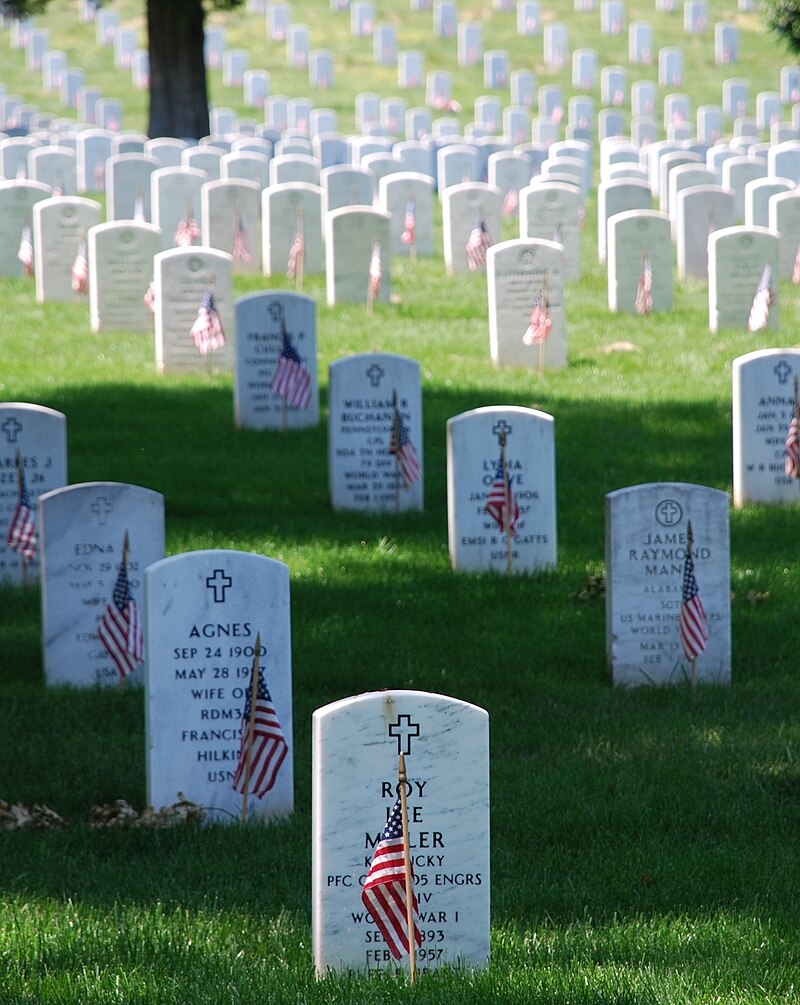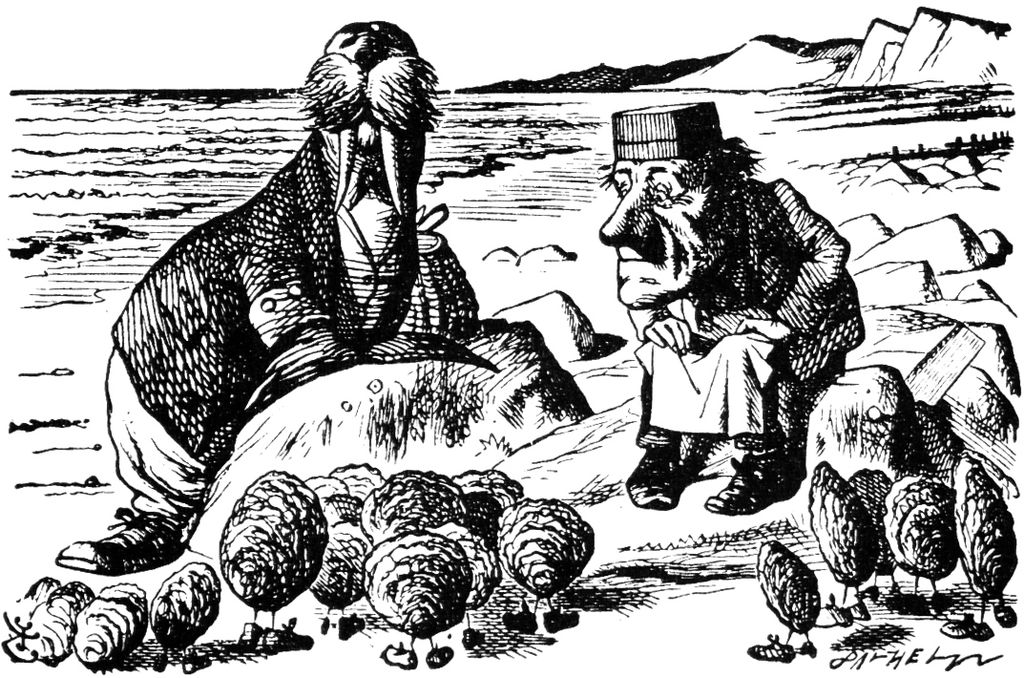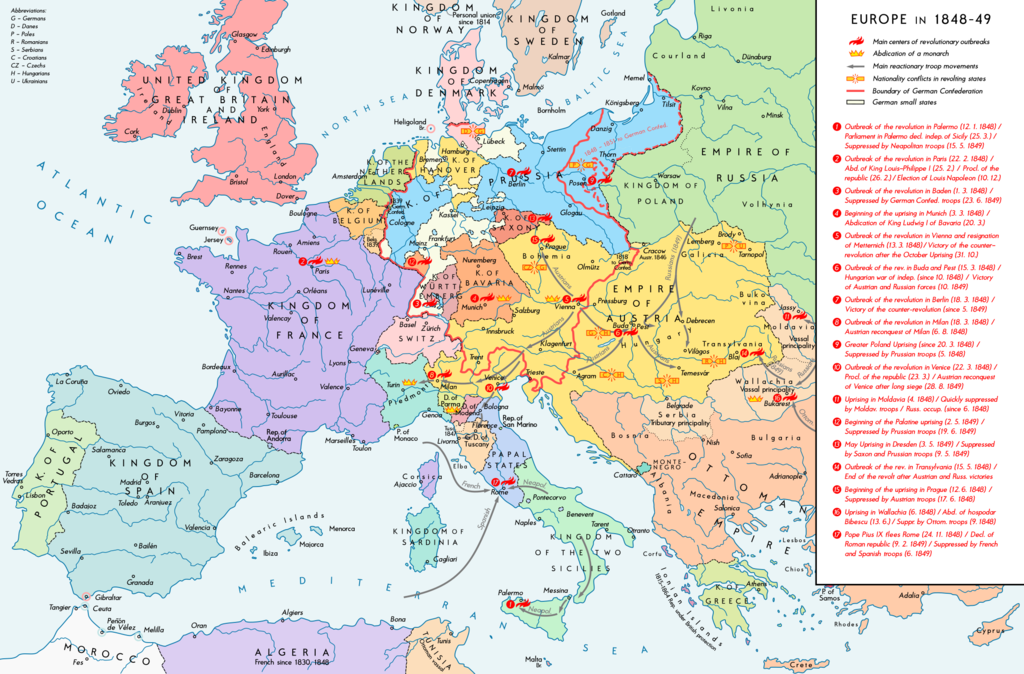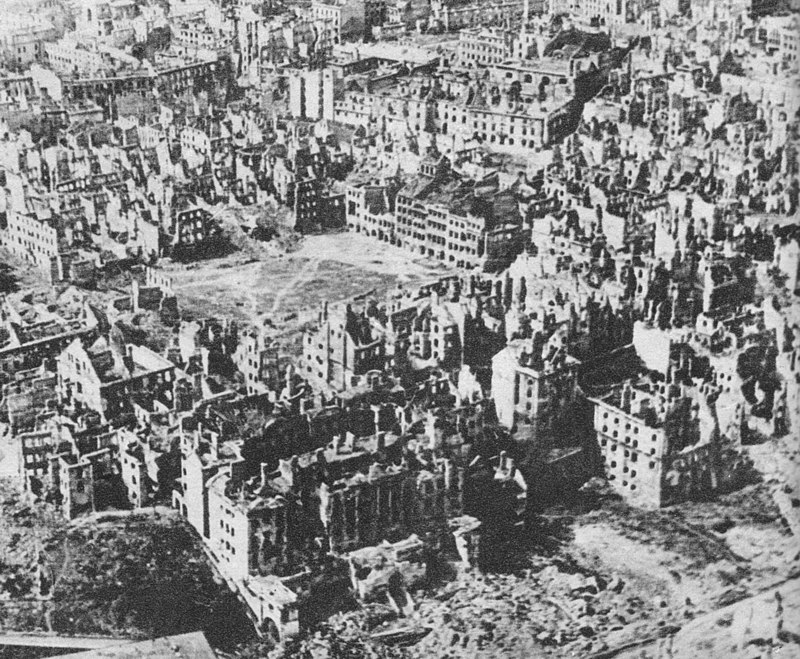I'm reading a thriller called Firefly, by a Brit named Henry Porter. It's a recent release, last year, and the guy's new to me, but he's got some serious chops. This is his sixth book. He comes recommended by people like Joseph Kanon and Lee Child, and they've picked a winner.
Firefly is about a Syrian refugee kid, on the run from ISIS thugs, who survives shipwreck and flounders ashore on the Aegean coast, and makes his own slow dangerous path across Greece and Macedonia, into the Balkans, trying to reach Germany and what he imagines is safe haven. The trip is of course complicated by all sorts of hazards, not least of which is a determined pursuit by agents of Al-munajil - machete, in Arabic - an Islamic State jihadi gearing up for a terror attack in western Europe.
The other thread of the narrative is that British SIS is in the hunt for the boy, too, along with other friendly security services, French, German, because he gives them their best shot at identifying and intercepting Al-munajil. He's a stalking horse.
Where this parts company with the usual is in the character of the covert contractor they send into the Balkans after the boy Naji. He's an ex-spook named Paul Samson, now working the private side. A former refugee himself, of Lebanese extraction, he's fluent in Arabic, and specializes in hostage rescue. He's not your generic soldier of fortune, weary and cynical, but a stubbornly principled guy who's determined to find Naji alive, and save him.
Which is a real departure. We've gotten used to deeply compromised heroes, with spy fiction in particular. Even in Fleming, where Bond is supposedly under discipline, he's still a stone killer, off the leash. Later iterations, in LeCarre and Deighton and Charles McCarry, have authority issues and attitude problems and nervous bowels, if they're not in fact morally suspect. It's refreshing to have a hero who does the honorable thing without a lot of fuss or fidget. In this, Paul Samson is a close cousin to French film-maker Casson in Alan Furst's The World at Night, or even more so, to Ben Webster and Ike Hammer in Chris Morgan Jones' The Jackal's Share and The Searcher.
Often, the pure of heart are villains. Nobody's more convinced of their rectitude than the holy. And if not villains, then victims, or pawns. Eager recruits. (See, for example, The Little Drummer Girl.) There's actually a lot to be said for a character who does the right thing for the right reasons. I've been thinking about this myself, with regard to the people in my own stories. I favor a little ambiguity, but the sometime inflexibility of a guy like the Rio Arriba sheriff Benny Salvador or the old Texas star-packer Doc Hundsacker isn't always out of place.
There's a lot of uncertainty in the world these days, along with mixed messages, not to mention outright wickedness, and there's plenty of it on display in Firefly. Which is why you find yourself rooting for Naji, and for Paul Samson. The refugee crisis (or immigrant crisis, if you prefer) is brutally real, in Europe as it is elsewhere, and we can take some small comfort in small victories.
Showing posts with label European union. Show all posts
Showing posts with label European union. Show all posts
13 March 2019
Firefly
Labels:
David Edgerley Gates,
European union,
refugees,
security services,
Syria
25 May 2017
The Paths of Glory...
by Eve Fisher
 |
| Arlington Cemetery, Wikipedia |
- "Fear prophets and those prepared to die for the truth, for as a rule they make many others die with them, often before them, at times instead of them." -Umberto Eco
- “The enduring attraction of war is this: Even with its destruction and carnage it can give us what we long for in life. It can give us purpose, meaning, a reason for living. Only when we are in the midst of conflict does the shallowness and vapidness of much of our lives become apparent. Trivia dominates our conversations and increasingly our airwaves. And war is an enticing elixir. It gives us resolve, a cause. It allows us to be noble. And those who have the least meaning in their lives, the impoverished refugees in Gaza, the disenfranchised North African immigrants in France, even the legions of young who live in the splendid indolence and safety of the industrialized world, are all susceptible to war's appeal.” Chris Hedges, War is a Force That Gives Us Meaning
Memorial Day is the United States' official holiday to remember all the people who have died serving in our armed forces. It's also a good day to remember all who have died in war, period. And not just in the United States.
Now, this may sound strange to you, but one thing I would like to see is happen is the United States reinstate the draft. Personally, I believe EVERYONE should have to serve in the military, men and women alike. My reasons are many:
(1) When only 1% of the citizenry serve in the military, and all are "volunteer", then the citizenry as a whole seems to be remarkably unconcerned about what wars, "unofficial" wars, etc., we're in. The Middle East conflicts have seen military personnel - often "part-time" National Guard - serving 3, 4, 5+ tours of duty, and nobody seems to care. It's someone else's child, someone else's family, and they volunteered. Let them go where they're told. Especially since it's somewhere "over there". I find this unhealthy.
(2) If everyone serves in the military, then maybe certain politicians won't talk patriotism out of one side of their mouth and then yank promised veterans' benefits away with both hands. And other things...
(3) If we're going to police the world, then by God I think we should draft everyone, and let everyone in on what it's like to serve. Training, education, and a greater knowledge of the world around them. Mark Twain: “Travel is fatal to prejudice, bigotry, and narrow-mindedness, and many of our people need it sorely on these accounts. Broad, wholesome, charitable views of men and things cannot be acquired by vegetating in one little corner of the earth all one's lifetime.”
(4) Recurring statements from recurring politicians (who do not/ have not/ will not ever serve) that seem to openly want / long for/ plan for war. Again, going back to #1 - we have to stop taking our military for granted. We have to recognize that it's real blood that is shed, real lives that are lost, real minds / bodies that are damaged, sometimes irreparably.
 (5) The other side of it is that we appear to be developing a certain (small?) percentage of the military that seems to be increasing in disdain, distrust, and dislike for the non-military majority. I've been told that American civilians in general are unfit, immoral, and slothful. (From the Walrus and the Carpenter: "I deeply sympathize." Sometimes.) As one said to a judge once, "We throw these people over the fence." The judge replied, "Welcome to the other side of the fence." And this important: the military is there to defend the BOTH SIDES OF THE FENCE.
(5) The other side of it is that we appear to be developing a certain (small?) percentage of the military that seems to be increasing in disdain, distrust, and dislike for the non-military majority. I've been told that American civilians in general are unfit, immoral, and slothful. (From the Walrus and the Carpenter: "I deeply sympathize." Sometimes.) As one said to a judge once, "We throw these people over the fence." The judge replied, "Welcome to the other side of the fence." And this important: the military is there to defend the BOTH SIDES OF THE FENCE.
I do believe that we take war too casually in this country, mainly because (post 1812) our wars have always (with the exception of the Civil War, Pearl Harbor, and 9/11) been on someone else's soil. (This includes the "American Indian Wars" which were all fought on what was, at the time, Native American land.) There is an American tendency to downplay European distaste for war, European steady pursuit for diplomacy, as "liberal", if not downright cowardly. During the buildup to the Iraqi invasion, Richard Perle stated that European nations "do not have the most courageous of instincts," implying that America must intervene in inter-national affairs because Europeans are afraid to. (Citation on NBC) Back in December of 2005, Bill O'Reilly said "I understand Europe. They're cowards." He went on to add,
"...by and large, the European population is soft and afraid. ... They won't confront evil on any level. It is anything goes, just leave me alone. Give me my check from the government and leave me alone." (Citation on MMFA) It's a fairly constant theme on Breitbart as they quote Neil Farage, Geert Wilders, and others among the alt-right.
Now, this may sound strange to you, but one thing I would like to see is happen is the United States reinstate the draft. Personally, I believe EVERYONE should have to serve in the military, men and women alike. My reasons are many:
(1) When only 1% of the citizenry serve in the military, and all are "volunteer", then the citizenry as a whole seems to be remarkably unconcerned about what wars, "unofficial" wars, etc., we're in. The Middle East conflicts have seen military personnel - often "part-time" National Guard - serving 3, 4, 5+ tours of duty, and nobody seems to care. It's someone else's child, someone else's family, and they volunteered. Let them go where they're told. Especially since it's somewhere "over there". I find this unhealthy.
(2) If everyone serves in the military, then maybe certain politicians won't talk patriotism out of one side of their mouth and then yank promised veterans' benefits away with both hands. And other things...
(3) If we're going to police the world, then by God I think we should draft everyone, and let everyone in on what it's like to serve. Training, education, and a greater knowledge of the world around them. Mark Twain: “Travel is fatal to prejudice, bigotry, and narrow-mindedness, and many of our people need it sorely on these accounts. Broad, wholesome, charitable views of men and things cannot be acquired by vegetating in one little corner of the earth all one's lifetime.”
(4) Recurring statements from recurring politicians (who do not/ have not/ will not ever serve) that seem to openly want / long for/ plan for war. Again, going back to #1 - we have to stop taking our military for granted. We have to recognize that it's real blood that is shed, real lives that are lost, real minds / bodies that are damaged, sometimes irreparably.
 (5) The other side of it is that we appear to be developing a certain (small?) percentage of the military that seems to be increasing in disdain, distrust, and dislike for the non-military majority. I've been told that American civilians in general are unfit, immoral, and slothful. (From the Walrus and the Carpenter: "I deeply sympathize." Sometimes.) As one said to a judge once, "We throw these people over the fence." The judge replied, "Welcome to the other side of the fence." And this important: the military is there to defend the BOTH SIDES OF THE FENCE.
(5) The other side of it is that we appear to be developing a certain (small?) percentage of the military that seems to be increasing in disdain, distrust, and dislike for the non-military majority. I've been told that American civilians in general are unfit, immoral, and slothful. (From the Walrus and the Carpenter: "I deeply sympathize." Sometimes.) As one said to a judge once, "We throw these people over the fence." The judge replied, "Welcome to the other side of the fence." And this important: the military is there to defend the BOTH SIDES OF THE FENCE.  |
| Bill O'Reilly - Wikipedia |
"...by and large, the European population is soft and afraid. ... They won't confront evil on any level. It is anything goes, just leave me alone. Give me my check from the government and leave me alone." (Citation on MMFA) It's a fairly constant theme on Breitbart as they quote Neil Farage, Geert Wilders, and others among the alt-right.
But as one response put it, "Europeans are not cowards - It's that we know war." And they do. The following is a list of European wars over the last 200 years:
1789-1795 - The French Revolution (the real beginning of the 19th century)
1802-1815 - The Napoleonic Wars (fought both in every country in Europe and around the world - the War of 1812 was a subset of these)
1819 - August 16 - Great Britain - "The Peterloo Massacre"
1820 - Revolts in Spain and Naples. Crushed.
1825 - Decembrist Revolt in Moscow. Crushed
1824-1830 - The Greek Revolt v. Ottoman Empire. Won (because the Congress of Vienna backed it)
1830 - Serbian Revolt v. Ottoman Empire. Won (because the Congress of Vienna backed it)
1848: Europe went NUTS in 1848. Some of the major armed conflicts were:
- Revolt in France; king flees; Louis Napoleon Bonaparte is elected, then becomes Napoleon III in 1852, & launches a series of imperial wars on the continent...
- Berlin revolt. Crushed.
- Viennese workers & students revolt in Austria. Crushed.
- Czechs revolt vs. Austrian Empire. Crushed.
- Milan & Venice revolt vs. Austrian Empire. Crushed.
- France invades & occupies Rome at the request of the Pope (they stay until 1870)

1853-1856 - Crimean War. Russia v. Ottoman Empire, France & Britain.
1854 - Spanish Revolution
1859 - Piedmont (Italy) v. Austrian Empire. France joins Italy and beats Austria.
 |
| WW1 Montage - Wikipedia |
1866 - Austro-Prussian War (Austrian Empire v. Prussia). Prussia wins.
1868 - Spanish Revolution (Italian king put on Spanish throne)
1870 - Franco-Prussian War (French lost; Napoleon III deposed)
1871 - Communard revolt in France. Crushed.
1876-1878 - series of Serbian-Ottoman (Turkish) wars
1899-1902 - Boer War (Great Britain v. South African Boers). Britain wins.
1905 - Bloody Sunday Massacre in Russia.
1912-1913 - Balkan Wars. (sort of a preview of WW1)
1914-1918 - World War I ("The war to end all wars"... but it wasn't).
1936-1939 - Spanish Civil War (a definite preview of WW2)
1939-1945 - World War II
| WW2 Montage - Wikipedia |
 |
| Warsaw, post WW2 Wikipedia |
WW2 left 20 million military dead and 40 million civilian dead, and God only knows how many wounded. There were also 60 million refugees. Of those refugees, at least a million still hadn't found homes by 1951. And millions more weren't refugees, but were simply homeless, as whole cities were bombed into rubble, and much of the European industrial infrastructure destroyed. And this brings up another unpleasant truth:
World War 2 is the reason why the United States became the leader of the free world and sailed into the 1950s on the biggest wave of prosperity we ever saw: we hadn't been bombed into rubble, we hadn't lost our infrastructure, we didn't have a huge refugee population to resettle. Our factories were at top production, when there were barely any left running anywhere else on the planet. For years, we were the sole supplier of almost everything, and we grew very very rich. That specific kind of economic boom will never happen again, no matter what any politician tells you, and thank God for it: it was based on the absolute misery of most of the rest of the world.
Sadly, these lessons may have to be relearned, especially if certain parties in Europe and elsewhere have their way. But maybe they will continue to remember, even if we do not. They know how bad it can get. We can only imagine. Thank God. May it always stay that way.
Labels:
1950s,
Cold War,
Crimean War,
drafts,
Europe,
European union,
Eve Fisher,
Memorial Day,
military,
revolution,
World War I,
World War II,
WWI,
WWII
Subscribe to:
Comments (Atom)

